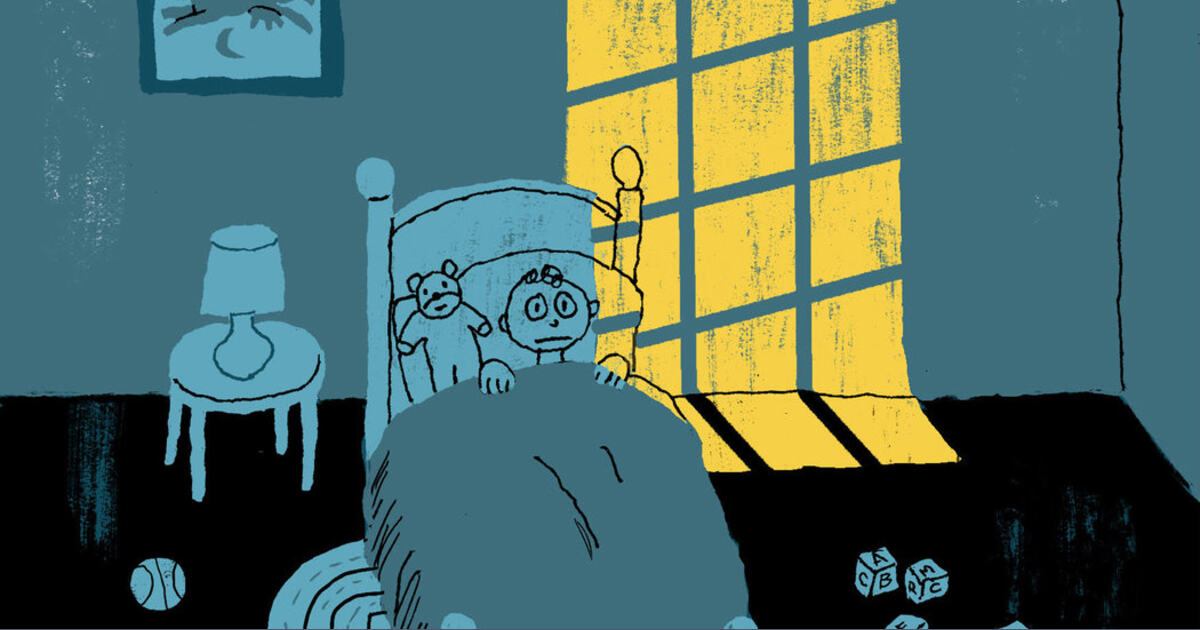Waking up to a child saying, “Mom, it happened again,” due to bedwetting is a common challenge many parents face. Approximately four to five out of 30 six-year-olds still wet the bed, but by age 14, this issue resolves for all but 1% of children.
Bedwetting, also known as nocturnal enuresis, is the unintentional release of urine during sleep. It’s considered a disorder if it happens twice a week for three months, typically diagnosed after age 5, as younger kids may experience it due to normal developmental factors.
Common Causes and Contributors Of Bedwetting
The causes of bedwetting vary. Often, it’s due to a lack of bladder maturity and control. Genetic factors, increased nighttime urine production, deep sleep, small bladder capacity, overactive bladder, and constipation can contribute.
Conditions like ADHD, sleep apnea, diabetes, and bladder infections may also play a role.
Parents should pay attention to daytime urinary issues, like incomplete bladder emptying or dribbling, as they can relate to bedwetting. Other concerning signs include weight loss, protein in urine, fatigue, excessive thirst, enlarged tonsils, or sleep apnea symptoms.
When it comes to reacting, parents should avoid shaming their child. Positive reinforcement, behavioral changes, and reassurance that bedwetting will improve with age are helpful approaches. It’s crucial to maintain privacy and only discuss the issue with healthcare professionals.
Positive Parenting Approaches
- Practical steps include using waterproof sheet liners, bed pads, nighttime pull-ups, or incontinence mats.
- Avoid caffeinated and sugary drinks before bedtime, limit liquid intake two hours prior, and establish a regular bathroom schedule.
- For treatment, medications are available but are often short-term solutions. The “40:40:20 rule” suggests adjusting fluid intake throughout the day.
- Encourage children to use the bathroom twice before bed or consider a bedwetting alarm, which wakes them up when their sheet is wet.
In conclusion, bedwetting can be frustrating for both parents and children, but it’s essential to handle it with patience and positivity.
Monitoring for potential underlying conditions and involving healthcare professionals when necessary can help children overcome this challenge while maintaining their self-esteem and confidence.
Share your thoughts in the comments below!








Leave a Reply
You must be logged in to post a comment.